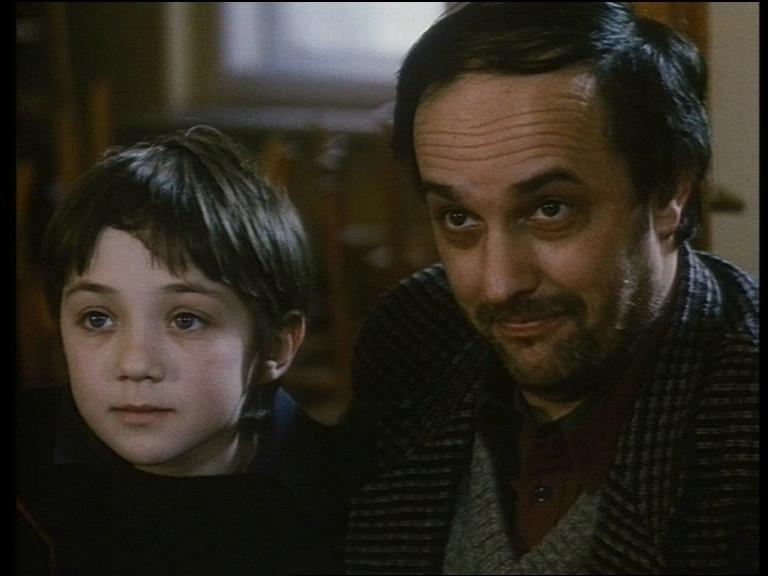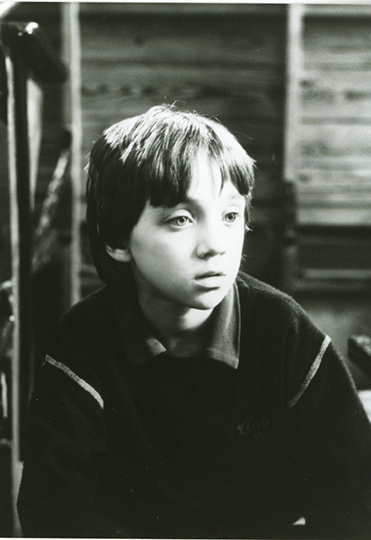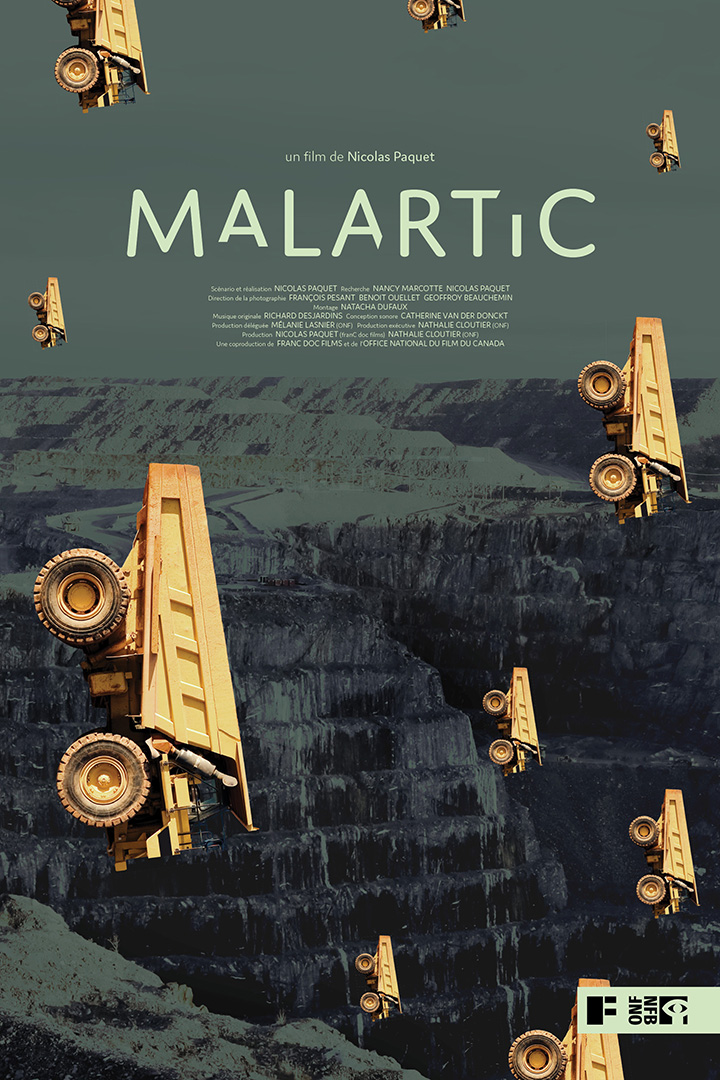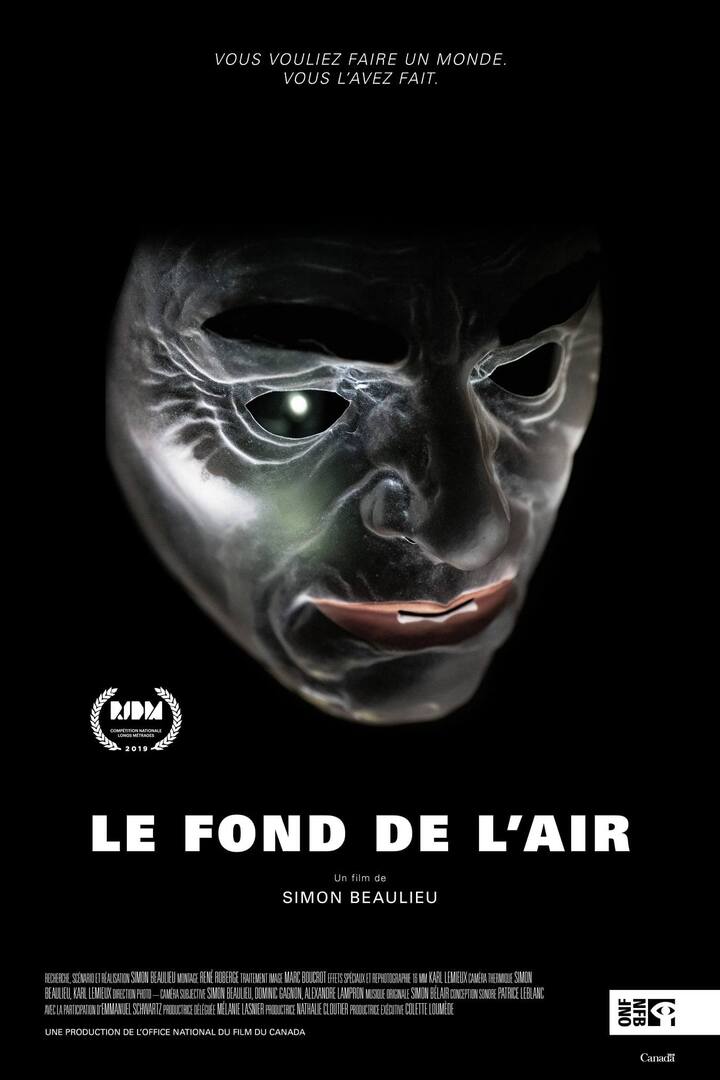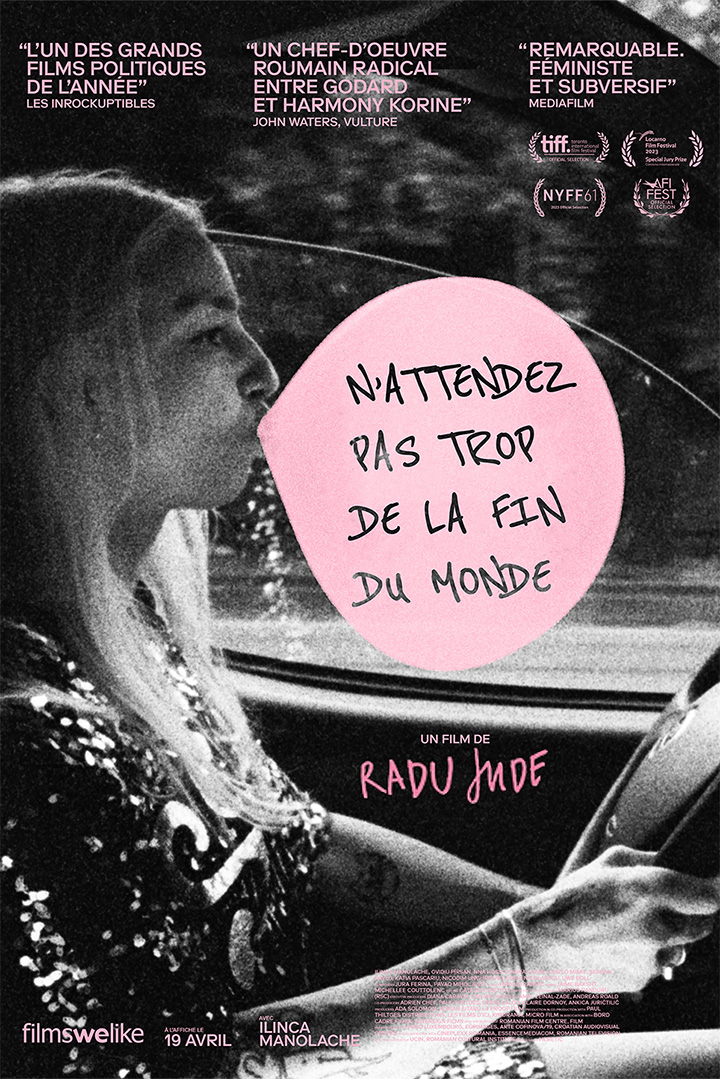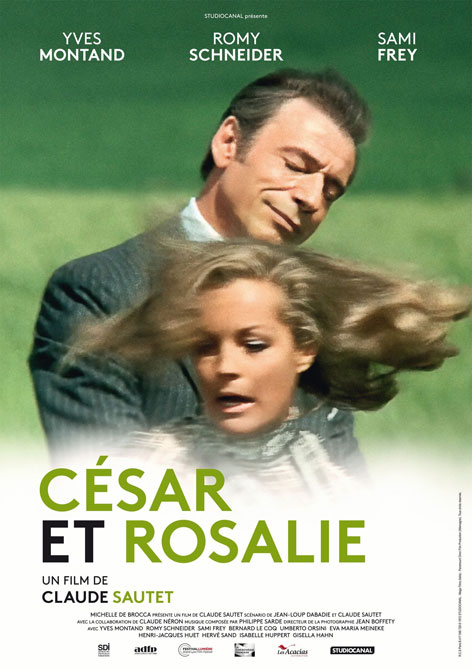Dekalog: One
This cycle is an opportunity to revisit in its entirety the ten-episode series conceived for television of Krzysztof Kieślowski's Decalogue, thanks to copies preserved in our collections. Co-written by Kieślowski and lawyer Krzysztof Piesiewicz, this monumental work draws on the structure of the biblical Ten Commandments to raise major existential and moral questions through the daily life of a building in communist Poland in the late 1980s.
A university professor, rationalist and atheist, puts too much faith in computers and modern science, and finds himself confronted with unpredictability and chance. He calculates the strength of the ice on the frozen neighborhood lake, where his son wants to try out his new skates. However, it turns out that his calculations are wrong; the ice breaks and the boy drowns in the lake.
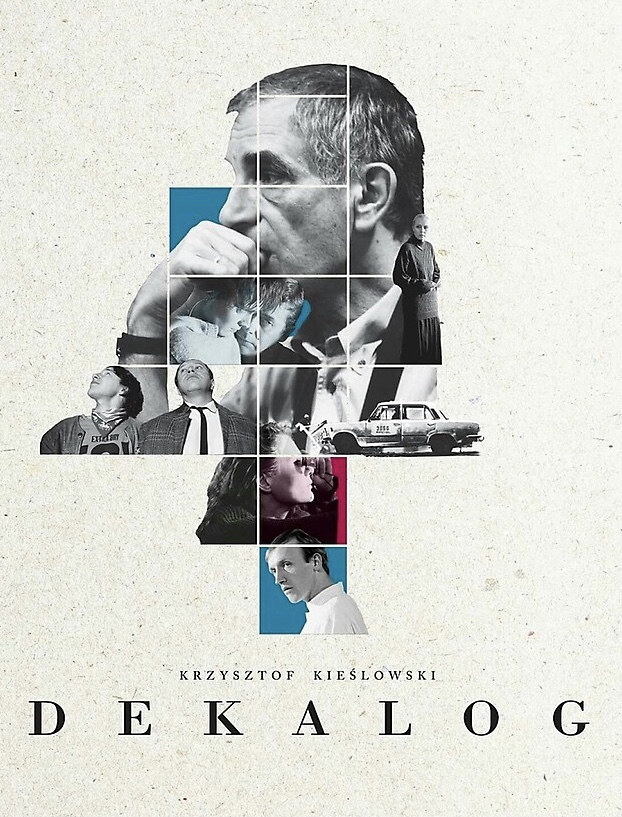
Krzysztof Kieślowski
Born in 1941 in Warsaw, Krzysztof Kieślowski enrolled in the theater school run by his uncle in his teens. Then he decided to study directing and enter the National Film School in Łódź. It was there that he signed his first short films in the late 1960s. During the following decade, he altern between making numerous documentaries often of a social nature, and his first fiction films. In 1979, his film L'amateur was a great success. With Without End, in 1984, he began a long-standing collaboration with the lawyer Krzysztof Piesiewicz, who from then on co-wrote all his films. His next series of films, The Decalogue, brought him international recognition. In the early 1990s, the trilogy Three Colors - Blue, White, Red who turns out to be the high point of his filmography, as he died prematurely in 1996.

